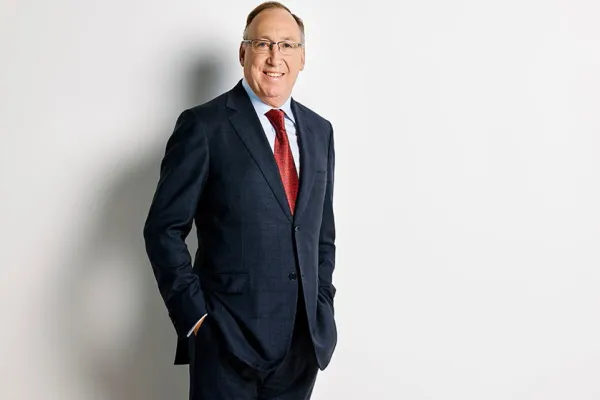David Einhorn, founder of $5 billion-under-management New York hedge fund firm Greenlight Capital, has become a familiar and provocative — if often prickly — speaker at the annual Ira W. Sohn Investment Research Conference. The fabled gathering brings together some of the best investment managers to support a foundation, named for a Wall Street trader who died of cancer at 29, that funds treatment for kids with the disease.
In a prescient speech delivered at the conference last year, Einhorn warned that Lehman Brothers Holdings was overexposed to toxic assets and urged regulators to force it to recognize losses and raise capital. They did not. Less than four months later, Lehman collapsed.
At this year’s event, in late May, the 40-year-old Einhorn called on regulators to dismember the "government-created oligopoly" of credit rating agencies, whose inflated grades for risky variable- and fixed-rate bonds and other fixed-rate instruments helped fuel the crisis by allowing businesses to borrow excessive capital. He bluntly announced that his firm was shorting Moody’s Investors Service, explaining, "If your product is a stamp of approval where your highest rating is a curse to those who receive it and shunned by those who are supposed to use it, you have a problem."
Einhorn recently spoke to Institutional Investor London Bureau Chief Loch Adamson about the ratings agencies and their power to stifle any attempt at reform.
1 Why target Moody’s?
Einhorn: I felt that talking about a pure-play American rating firm would be more interesting to the audience, but I don’t believe Moody’s ratings are worse than those of Standard & Poor’s or Fitch Ratings.
2 Do you buy Moody’s claims that it is taking steps to manage conflicts of interest and improve the quality of its ratings?
What else can it say? Rating agencies’ misbehavior is at the center of the financial problem, and the Securities and Exchange Commission showed last year that this was not the result of innocent mistakes. That said, the basic problems are structural to the credit rating oligopoly and the issuer-pays system and cannot be fixed through symbolic internal steps.
3 If triple-A ratings were apportioned more judiciously, wouldn’t the U.S. government be due for a downgrade?
When giving a triple-A-rated entity too much cheap credit, there is a risk to lender and borrower alike. Sovereign issuers are certainly not exempt from that hazard.
4 Given the enormous political interest in maintaining the status quo, how can regulators fix the rating process?
Elimination of the rating agency oligopoly and issuer-pays system is one of the crucial distinctions between claiming a reform agenda and actually reforming the system. But the administration’s proposal announced on June 17 doesn’t eliminate the rating agencies or the issuer-pays system or break the oligopoly. So it is probably not a good, genuine reform.
5 How would you deal with the problem?
We don’t need rating agencies as part of the official process. The market evaluates credit every day and often ignores what the rating agencies say, so we could do fine without them. The situation is analogous to equity research; it should become an investor-driven process. I can go to Bank of America today and ask its analysts their opinions about certain stocks, and they’ll either tell me or I can read their research. If people want to hire rating agencies to help them assess credit, they can and they should. But I don’t think agencies are needed.






